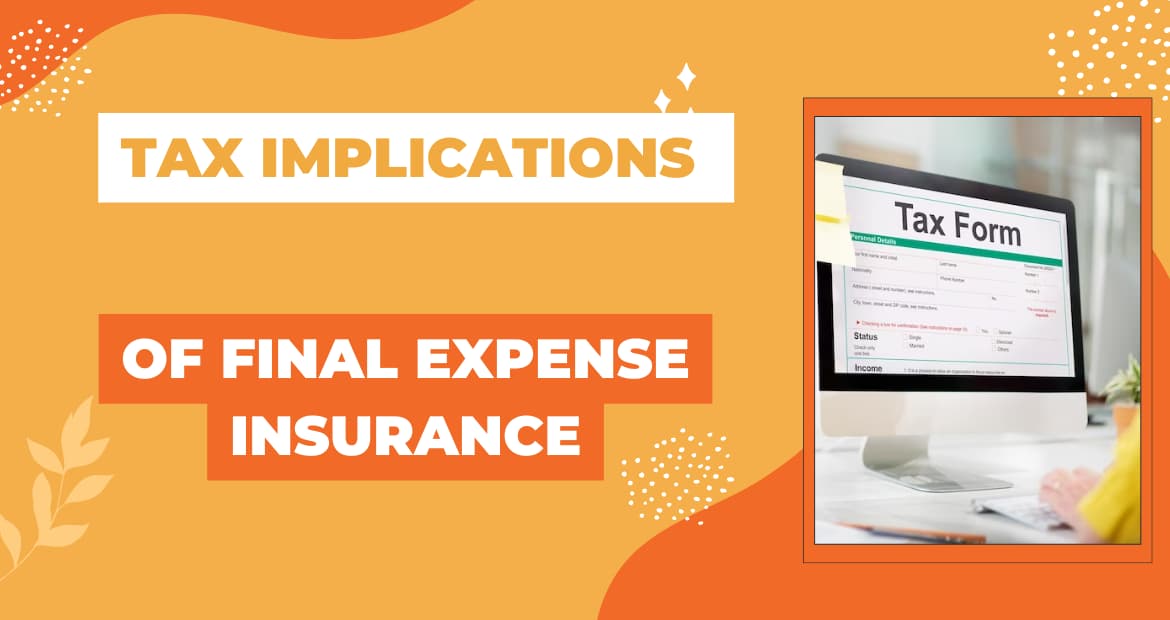Introduction:
Final expense insurance is a vital tool for individuals and families looking to secure financial protection and peace of mind during challenging times. While this type of insurance is primarily focused on covering end-of-life expenses, it’s important to understand the tax implications associated with it. In this article, we will explore the tax considerations, benefits, and planning strategies related to final expense insurance, helping you make informed decisions and optimize your financial situation.
Tax Implications of Final Expense Insurance
Final expense insurance can have various tax implications that can impact the policyholder and their beneficiaries.
Final Expense Insurance and Taxes
Understanding the relationship between final expense insurance and taxes is essential for comprehensive financial planning. This knowledge helps you make informed decisions and ensures that your loved ones receive the intended benefits.
Tax Benefits of Final Expense Insurance
While the death benefit from a final expense policy is typically tax-free, there may be potential tax advantages that policyholders can take advantage of during their lifetime. These benefits can include tax-deferred growth and the ability to access cash value tax-efficiently.
Final Expense Policy Tax Considerations
It’s crucial to consider the tax implications when selecting and customizing your final expense policy. Different policy features and riders may have varying tax treatments.
Taxation of Final Expense Coverage
The tax treatment of your final expense insurance can vary depending on factors such as the policy type, premium payments, and the use of any policy loans.
Are Final Expense Payouts Taxable?
One of the most common questions is whether the death benefit received by beneficiaries is taxable. Typically, the answer is no – final expense insurance payouts are generally tax-free.
Tax-Efficient Final Expense Planning
Tax-efficient planning strategies can help policyholders maximize the benefits of their final expense insurance while minimizing potential tax liabilities.
Estate Taxes and Final Expense Insurance
Understanding how final expense insurance fits into your overall estate planning can be crucial in minimizing estate taxes and ensuring a smooth transition of assets to your heirs.
Conclusion
Navigating the tax implications of final expense insurance is a crucial aspect of financial planning. While the death benefit is typically tax-free, there are other considerations that may impact the policyholder during their lifetime. To make the most of your final expense insurance and optimize its tax benefits, consult with a qualified financial advisor who can help you develop a comprehensive strategy that meets your needs and those of your beneficiaries. At Click and Approved, we are here to assist you in understanding and maximizing the advantages of your final expense insurance policy, ensuring that your financial future is secure and tax-efficient.





